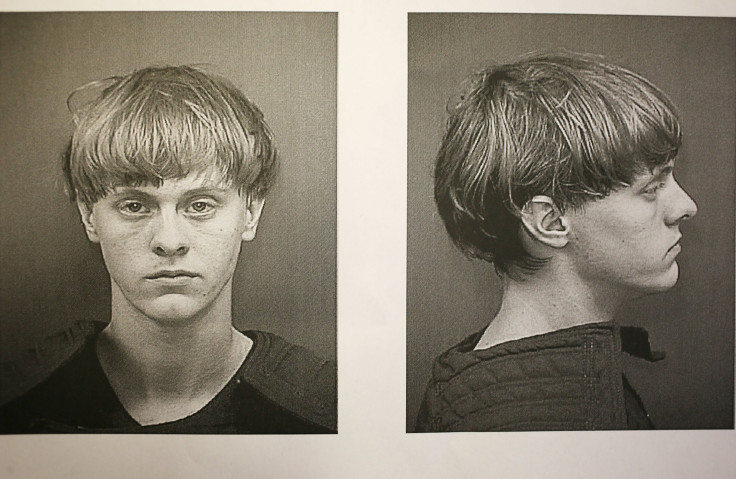Charleston Church Shooter Waives Extradition: Dylann Roof Going Back To South Carolina Where He Could Face Hate Crime For Racist Motivations

The suspect in the fatal shooting at an historically black church in Charleston, South Carolina, waived his extradition rights and right to counsel Thursday during an initial court hearing in Shelby, North Carolina, where he was taken into police custody earlier in the day. Dylann Roof was pulled over at 10:49 a.m. after a tip came in to local police that the shooting suspect was in the area.
Roof’s decision to waive extradition means that he will now be taken back to South Carolina where, once charged, he will await trial. Roof has been named as the lead suspect in the Wednesday night shooting that killed nine people and left just three survivors.
#BREAKING: Here's the first video of #CharlestonShooting suspect #DylannRoof: pic.twitter.com/c4bqrs3MUp
— Mike Manzoni (@MikeWSPA) June 18, 2015The suspected killer’s roommate, Dalton Tyler, said that the 21-year-old Roof had been planning the shooting for six months. Tyler told ABC News that Roof was very racist. “He was big into segregation and other stuff,” Tyler said. “He said he wanted to start a civil war. He said he was going to do something like that and then kill himself.”
This is said to be Dalton Tyler, roommate of Dylann Roof, from his FB page. pic.twitter.com/4K81I1P4sy
- Jamilah! (@JamilahLemieux) June 18, 2015Roof, 21, was caught while driving a car with a confederate flag license plate in the front.
A neighbor of Roof’s said that he had talked about a shooting as recently as one week ago, or exactly one week before the church shooting. Roof had two charges on his adult criminal record, one for drug possession and the other for trespassing.
Roof allegedly entered the historic and predominantly black church Wednesday evening and attended a prayer meeting. About an hour later, he began shooting people in the church, killing nine and reloading several times. There were three survivors; one of them recalled his or her life had been spared because Roof wanted people to know about his alleged deeds.
Less than 24 hours after the attack, the shooting has been called a hate crime by many -- a crime that South Carolina does not have on the books but one that could still fall under federal jurisdiction. A hate crime under normal circumstances would lead to harsher sentences for the act.
© Copyright IBTimes 2024. All rights reserved.





















